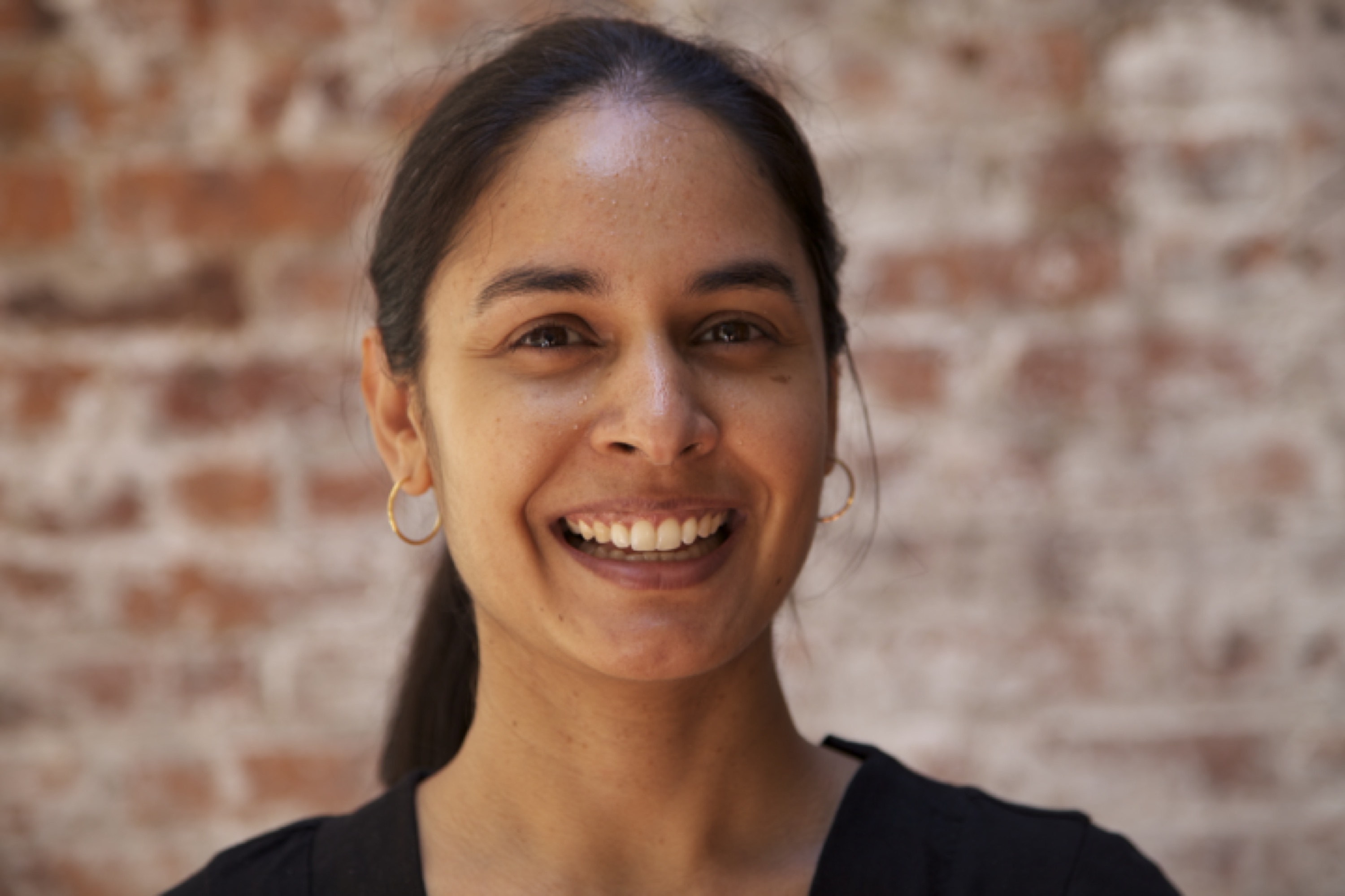
EVERYONE has heard of censored songs, like Billie Holiday’s “Love for Sale,” which was banned from ABC radio in 1956 because of its prostitution theme. Most are familiar with the censorship of artists, like the Dixie Chicks, who had their music blacklisted from country music stations across the country after they criticized President George W. Bush. But banning music in its entirety?
It has been almost nine months since Islamic militants in northern Mali announced that they were effectively banning all music. It’s hard to imagine, in a country that produced such internationally renowned music as Ali Farka Touré’s blues, Rokia Traoré’s soulful vocals and the Afro-pop traditions of Salif Keita.
The armed militants sent death threats to local musicians; many were forced into exile. Live music venues were shut down, and militants set fire to guitars and drum kits. The world famous Festival in the Desert was moved to Burkina Faso, and then postponed because of the security risk.
While French and Malian forces largely swept the militants from Timbuktu and other northern towns early this year, the region is still a battleground. Cultural venues remain shuttered. Even more musicians in the north are now leaving the country because they fear vengeful acts by the Malian Army, whom they accuse of discriminating against northern peoples. The music has not returned to what it once was.
There are many theories for the reasons behind the music ban. Some point to religious fanaticism that sees music as a distraction from single-minded devotion. Others suggest that the ban was an attempt to sabotage the economy by gutting one of Mali’s primary export industries. Perhaps the militants, who cut off the hands of thieves and whip those who drink alcohol, just wanted to terrorize people.
Regardless, the ban — like banning the air we breathe, some Malians have said — can tell us something about the nature of music itself as the essence of our social bonds and a bulwark against unfettered use of power.
Musicians are present in many of the rituals of daily life in Mali. The traditional praise singers known as griots sing and play at weddings, birth ceremonies and funerals. But their role is not just to provide background entertainment. Yacouba Sissoko, a Malian griot known for his mastery of the ngoni, a stringed instrument, and the “talking drum,” which mimics human speech, told me that the griot is a “person who creates cohesion between people, a kind of cement in Malian society.” Music is a language that communicates what we cannot always say in words; it assures us of our interconnection.
A world without music is also a world without stories. The griots have functioned as storytellers and truth-tellers within West African society for centuries. In addition to mediating disputes and acting as advisers to early rulers, griots were oral historians. They knew regional legends and family histories, and through their music those stories were passed down from one generation to the next. Like the ancient manuscripts that militants tried to burn in a Timbuktu library in January, today’s griots are repositories of history. If they lose their social function as storytellers, society loses a critical link to its past.
This is especially true in Mali, where high rates of illiteracy mean that music — rather than newspapers or books — is a prime means of sharing information. Malian hip-hop artists in particular have tried to use their music to raise awareness about social issues. The Malian rapper Amkoullel addresses education in his song “Teaching, Studies,” rapping in both French and his local dialect, Bamanan. He rails against corruption in the school system: “A place to teach should not to be confused with a place to do business,” and inequality: “Private schools, so well equipped/Public education, neglected/The poor have no choice.”
Even before the militant takeover of the north last year, Amkoullel warned of the dire situation in the country in a song called S.O.S.: “The people rage /Their dreams are being killed /They no longer know in what to believe.” He formed an association called Plus Jamais Ça, or Never Again. Other musicians have also been coming together to call for an end to the conflict. In January, the singer Fatoumata Diawara brought together more than 40 musicians in Bamako, the capital, to record a peace song that showcased the extraordinary diversity and artistry of Malian music. Addressing themselves to military leaders and politicians, the musicians sing: “We must take care now, or our children will never know the real story of our country. We might lose it.”
One thing that the events in Mali have taught us is that music matters. And the potential loss of music as a means of social bonding, as a voice of conscience and as a mode of storytelling is not just a threat in an African country where Islamic militants made music a punishable offense. We would do well to appreciate music’s power, wherever we live.
By SUJATHA FERNANDES

No comments:
Post a Comment